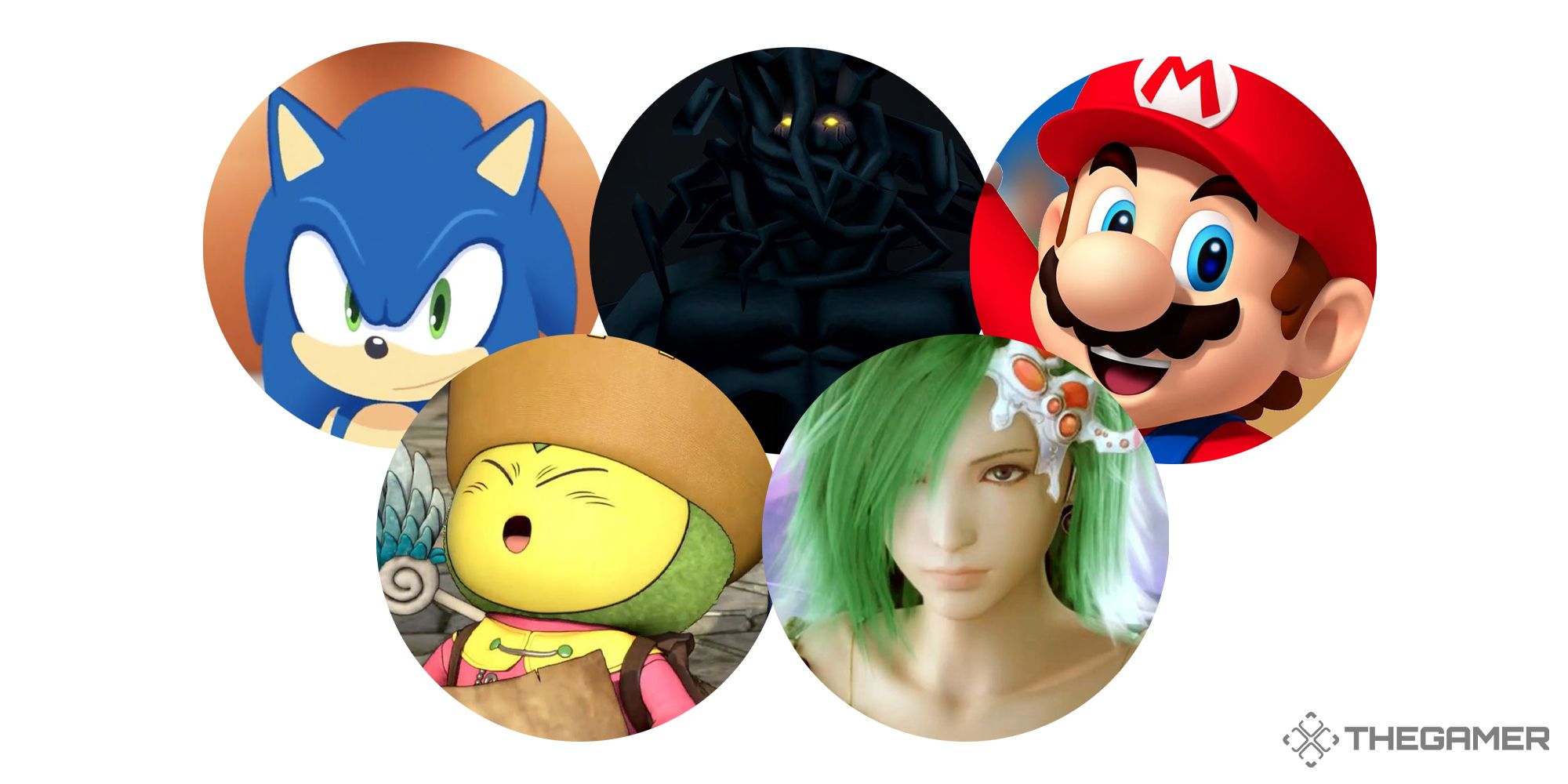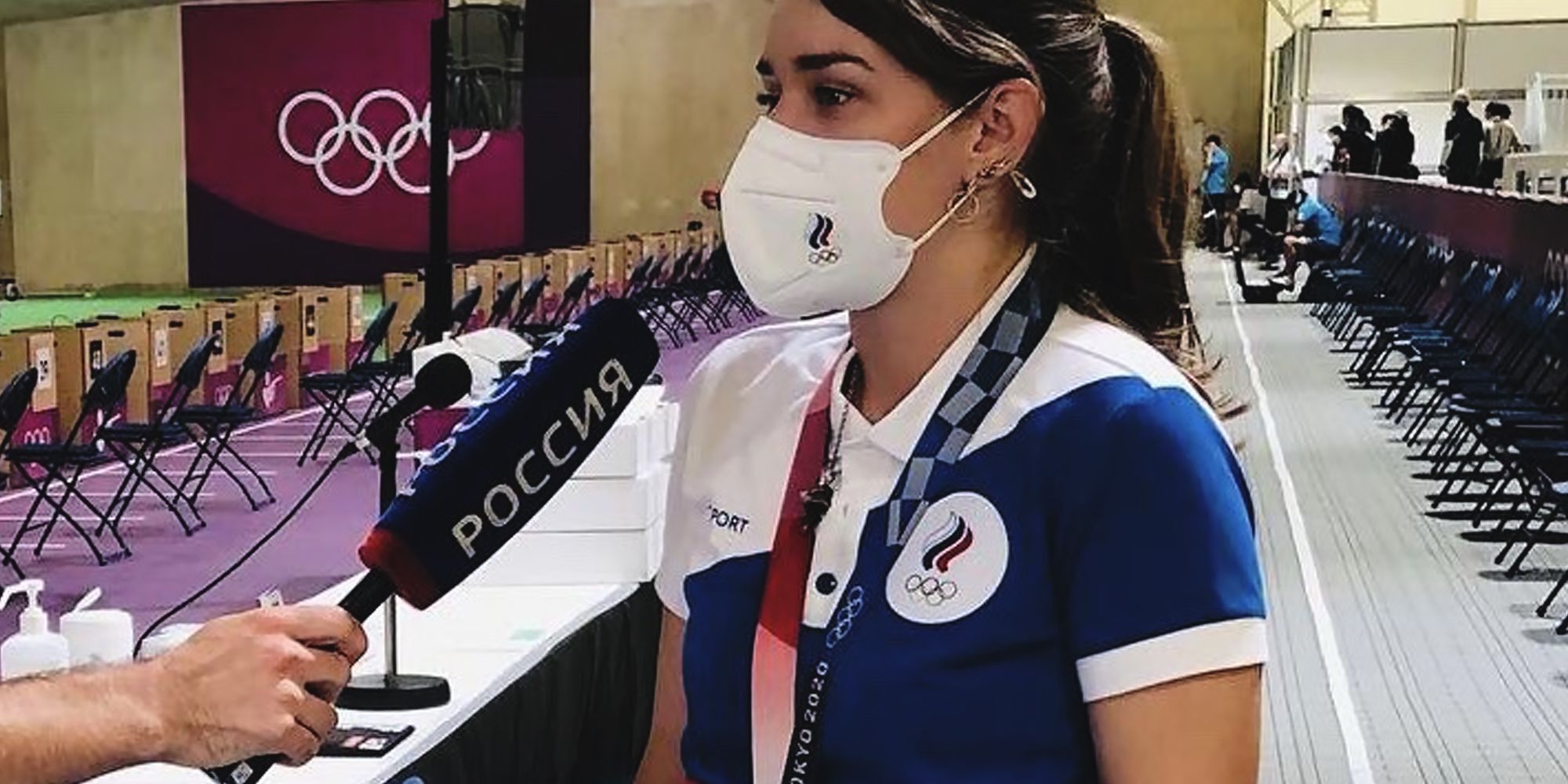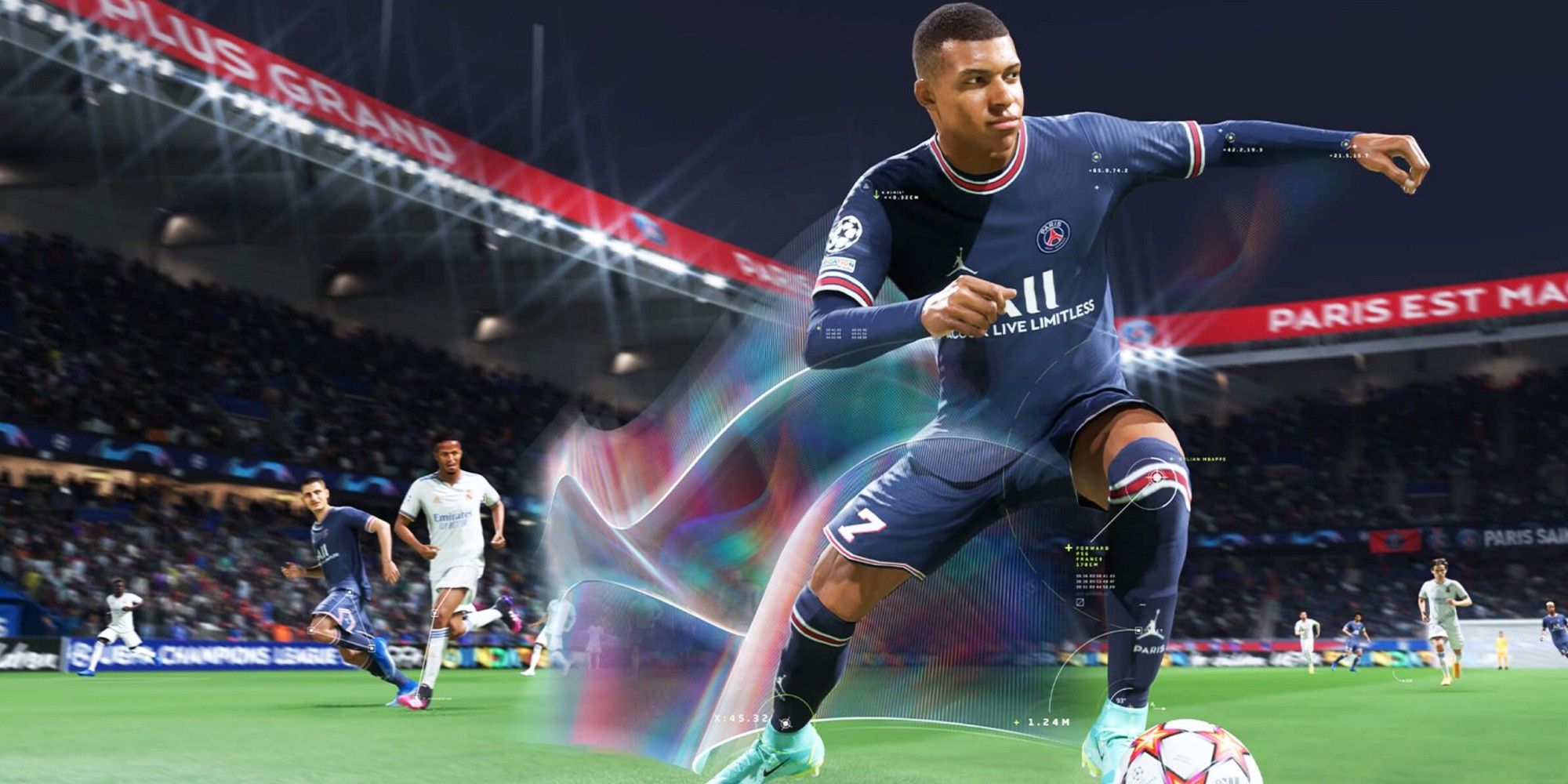On the face of it, video games and sports are quite closely linked. FIFA is always one of the most profitable games of the year, while American Football, Basketball, Baseball, various forms of motor racing, and several different managerial sims release with annual regularity and success. Other sports, like skateboarding or cricket, frequently get their own titles too. Mario has several sporting spin-offs. Competitive gaming is called esports. The Olympics themselves even have their own official video game tie-ins every four years, both a more down to earth version with a range of more technically accurate sports sims, and a more cartoonish Mario & Sonic version. Yet they feel like very different worlds - and the Tokyo 2020 Olympics is proving they don’t have to be.
Tokyo’s opening ceremony was full of video game music. This was not just a couple of bars from Mario or a soundbite from a game folded in to offer a brief moment of comedy; these soundtracks were treated with reverence and love. Final Fantasy, Nier, Monster Hunter, Kingdom Hearts, Chrono Trigger, Winning Eleven (better known as Pro Evo, soon to be better known as eFootball), Soul Calibur, and many more games all had tracks from their iconic titles included during the opening ceremony. The Japanese athletes themselves came out to the music of Dragon Quest - Introduction: Lotto Theme, to be precise.
Meanwhile, the Google Doodle celebrating the Games was a mini RPG, while Women’s 10m Air Pistol Gold medalist Vitalina Batsarashkina wore a Witcher medallion while competing. The Google Doodle is not just a quick two minute distraction either. Sure, you won’t sink The Witcher 3 levels of time into it, and the challenges are fairly simplistic, but a lot of effort has gone into tying the Olympics and video games together.
Batsarashkina is competing for the newly formed Russian Olympic Committee after Russia itself was banned for doping, and given The Witcher’s huge popularity in Eastern Europe - even more popular than it is in the rest of the world, where it’s hailed as one of the best RPGs ever made - it’s no surprise that Batsarashkina wore something to represent her passion. With gaming now firmly established as part of mainstream popular culture, we’re seeing it pull outside influences in - Fortnite, with its numerous crossovers and rumoured Ariana Grande concert is the best example of that in practise. However, we’re also seeing it expand outwards, with people ostensibly outside of video games, like Olympic Air Pistol athletes, showing their love for the medium.
Gaming and sports are my two biggest hobbies, and yet despite the clear crossover, they seem to constantly keep each other at arm's length. I listed several sporting video games in my introduction, but are games like that ever in the conversation when we talk about best games of the year, or console cycle, or decade? The more arcadey ones, like Tony Hawk’s or Mario Strikers, maybe. But your regular sports titles? Not a chance. The audience that makes up FIFA, the most popular sports game, are not gamers. These are folk who buy two, maybe three games a year, and mostly just play FIFA and Fortnite with their friends. There's nothing wrong with this, but they're only dipping the tiniest toe into the pool of gaming.
Likewise, football is the most popular sport in the world, but despite the fact that I have easily over 100 gaming people in my vague online circle - from TheGamer staff to writers and editors I've worked with before, to friends I've made in the industry to people who just follow me online because they like video games - only a handful of them could tell me what an xG and an xA is, and even fewer could actively apply them to a conversation. Again, it's fine. I don't expect all the people I associate with to know the minutiae of my hobbies. But when my two hobbies are two of the most popular pastimes in the world, it's extremely strange that I seem to be in the middle of a Venn diagram of one.
Gaming's influence on sport - and sport's influence on video games - does not need to be limited to the yearly sports sims or arcade riffs on them. From the passion of the fans, the moments of unpredictable genius, their impact on youth culture, and the way they can connect us all through competition, gaming and sports have more in common than you'd think. At this Olympics, they're finally ready to admit it.



